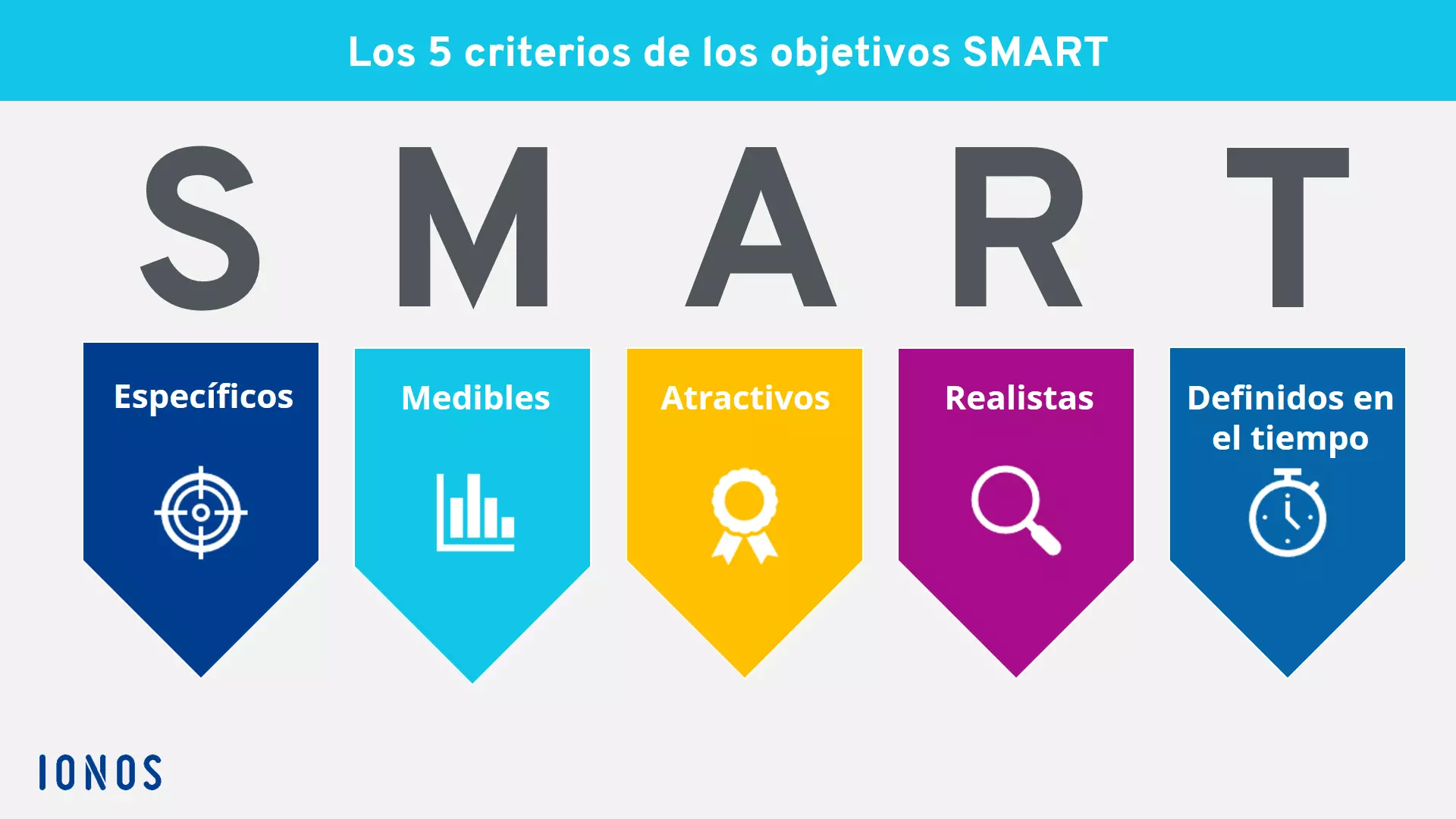SMART allocates $1.65M for property consultants

SMART Expands Rail and Pathway Projects with New Contracts and Eminent Domain Strategy
Sonoma-Marin Area Rail Transit (SMART) is making significant strides in its ongoing efforts to expand rail and pathway infrastructure. The agency has committed up to $1.65 million over the next three years for real estate and property acquisition support services as part of its continued northward expansion. This investment aims to streamline the process of acquiring land and resolving challenges related to adjacent properties, private crossings, and utility conflicts.
The SMART board recently approved on-call consultation contracts with two firms: Monument Row from Irvine and Bender Rosenthal Inc. from Sacramento. These contracts are designed to provide technical research, property valuations, negotiations, title and acquisition support, and other essential services as needed. Ken Hendricks, SMART’s procurement manager, emphasized the importance of leveraging expert consultants to ensure the successful execution of capital projects like the Healdsburg extension.
This move follows a recent decision by the agency to use eminent domain to acquire property along approximately 8.6 miles of its bicycle and pedestrian path that runs parallel to the tracks in Sonoma County. The use of eminent domain is intended to protect completed path segments from potential litigation. Since 2020, certain segments of the path have faced legal challenges, with the most recent lawsuit involving about 65 property owners who argue that SMART lacks the authority to build the path through their land.
The plaintiffs, represented by Stewart, Wald and Smith, a Missouri-based firm specializing in rail-to-trail litigation, are seeking compensation for what they believe they are owed for their appropriated rights and property damage. However, the decision to pursue eminent domain applies to 47 properties on recently completed path segments. Of these, nine property owners are involved in the lawsuit, while the others are not part of the litigation.
Clearing titles and securing easements now is expected to help prevent future legal disputes. Hendricks noted that the contracts with acquisition consultants are for on-call services, with task orders initiated as work is needed. The contracts include two one-year extensions, offering flexibility as the project progresses.
SMART has also been reaching out to some landowners with offers of $1,000 to buy the right of way, which officials describe as an “offer of just compensation” based on appraisals. In some cases, negotiations are close to being finalized.
The construction of a bicycle and pedestrian path along the rail corridor was a key selling point for Marin and Sonoma voters when they approved a quarter-cent sales tax in 2008 to fund the system. The original vision included a 70-mile passenger rail line between Larkspur and Cloverdale, with the path running parallel to the railroad.
To date, SMART has completed 39 miles of the path, including four new segments that opened in the past year. The agency has also secured funding for another 11 miles of path to close gaps in Novato and Santa Rosa and between Windsor and Healdsburg. Another 20 miles of planned path, currently in design, are being positioned for grants and construction funding.
Earlier this year, the SMART board authorized a $540,665 contract with BKF Engineers to design a critical north-south connection in the path at Puerto Suello Hill on the west side of Highway 101 in San Rafael. This project aims to connect a path running from downtown to Lincoln Avenue with another path on Los Ranchitos Road at North San Pedro Road.
The project has been developed over several years with collaboration from San Rafael, the Marin County Bicycle Coalition, and WTB-TAM, a bicyclist and pedestrian advocacy group. Zoe Unruh, a SMART planner, highlighted the positive impact of completing more path segments, noting that people are traveling further and accessing their destinations more easily.
SMART board member Ariel Kelley, a Healdsburg councilmember, expressed excitement about the progress in northern Sonoma County. She mentioned the significance of the pathway opening from Airport Boulevard in Santa Rosa to Windsor as a vital community connector.
Marin County Supervisor Eric Lucan, chair of the SMART board, emphasized the need to look beyond the current 70-mile goal. He encouraged staff to consider not only filling gaps but also making minor improvements to the pathway system over time.
Eddy Cumins, the general manager, stated that the pathway will remain a focus for continuous improvement. He noted that even after all gaps are addressed, there will always be opportunities for enhancements.
As SMART continues to advance its rail and pathway projects, the agency remains committed to fostering connectivity, accessibility, and sustainable transportation options for the communities it serves.
Post a Comment